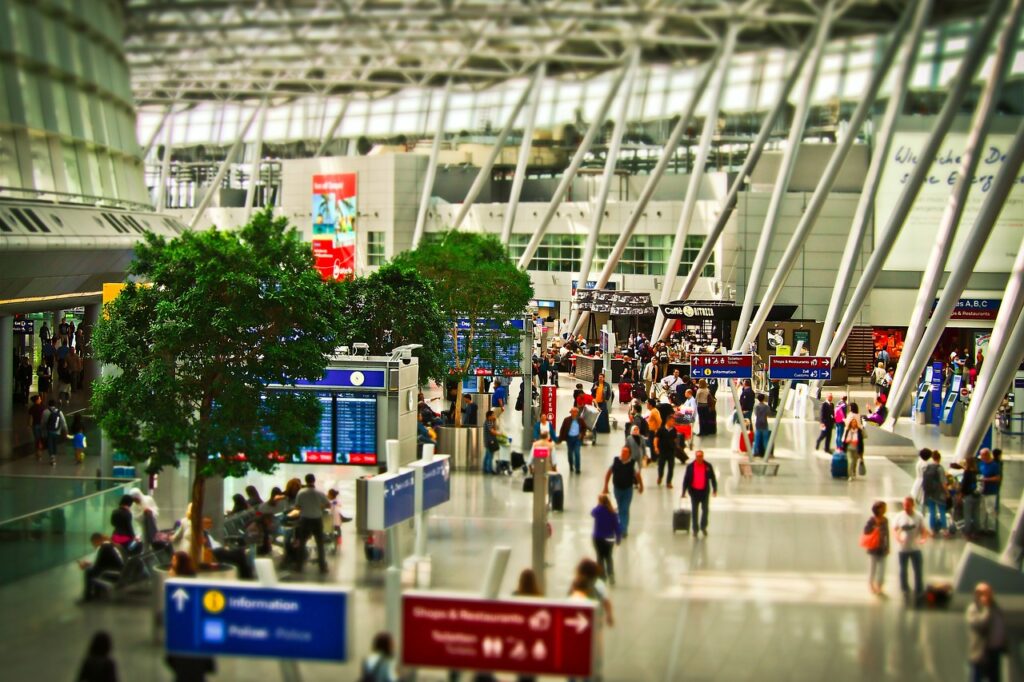When the European Commission quietly authored an aviation industry declaration on sustainable fuels, later sent to airline lobbyists for sign-off, it wasn’t just a bureaucratic misstep—it was a symptom of a deeper issue with the EU’s climate policy design. Behind the symbolic push for greener skies lies a regulation—ReFuelEU—that risks imposing real costs on businesses and travelers while delivering negligible climate benefits.
Under ReFuelEU, the EU mandates that by 2030, all flights departing from EU airports must use at least 6% sustainable aviation fuel (SAF), with 1.2% of that consisting of Renewable Fuels of Non-Biological Origin (RFNBOs), such as hydrogen-derived e-kerosene. On paper, the policy aims to decarbonize one of the hardest-to-abate sectors. In practice, the arithmetic paints a different picture.
According to the EU’s own published fuel cost data, the average SAF price is around 2.8 times higher than conventional jet fuel. RFNBOs—still in early development and production—come in at an eye-watering 11.5 times the cost. Blending just 4.8% SAF and 1.2% RFNBO into the fuel mix raises total airline fuel costs by approximately 21%, which translates to an 8% increase in overall flight costs. In a sector already wrestling with razor-thin margins and post-pandemic volatility, the mandate risks pricing out consumers while subsidizing inefficiency.
Critically, the environmental return on this regulatory investment is dismal. The 1.2% RFNBO blend would reduce EU emissions by an estimated 0.02%—a number so small it’s statistically negligible. And it gets worse. The renewable electricity used to produce e-kerosene could yield emissions reductions nine times higher if redirected to sectors like residential heating (via heat pumps), electric vehicles, or displacing coal in the power grid. In other words, the SAF mandate not only misallocates scarce green energy, it does so in a way that ultimately increases overall climate inefficiency.
While the ReFuelEU policy does not rely on direct subsidies, its costs are very real. They are embedded in consumer airfares and the operating costs of freight and business travel, feeding directly into inflation. At a time when the EU faces populist backlash over the cost of living, this kind of opaque climate policymaking—where high costs produce negligible results—undermines public trust and provides ammunition for political opponents of the energy transition.
The RFNBO quota in particular seems emblematic of what Michael Liebreich calls “badly-designed net zero policy”: expensive, ineffective, and politically convenient. It shifts wealth toward favored industrial players while failing to deliver meaningful environmental progress. And it exemplifies a wider trend in EU policy—one where symbolic targets take precedence over system-wide efficiency and cost-benefit logic.
The aviation sector needs decarbonization pathways, but not at any cost, and certainly not at the expense of more effective carbon abatement elsewhere. As it stands, ReFuelEU appears less like a climate win and more like a cautionary tale in how not to design sustainable policy.





